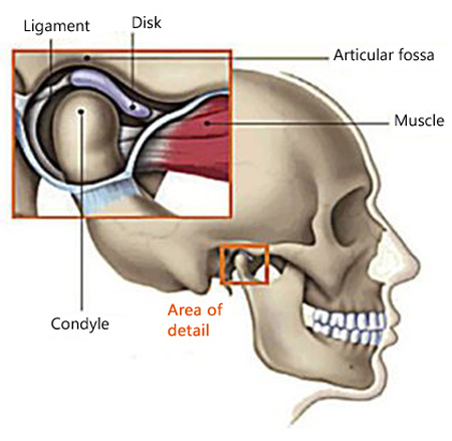I am beginning not to trust my new dentist. I am getting a four-crown, zirconia dental bridge. I looked at the dentist’s estimate, and it includes a porcelain upgrade. The dentist did not mention anything about a porcelain upgrade to me, so before I call the office, will you please explain what this is? I want to compare her answer with yours. On a second matter, my last bridge was not zirconia, and I had lots of jaw pain and TMJ issues that finally got corrected. Are zirconia crowns less risky for TMJ? Thank you. Len
Len,
Unfortunately, your dentist would need to explain what he means by a porcelain upgrade. The terminology is not standard to the dental profession but is a term your dentist uses.
Below are several possibilities.
- Your dentist is using a more expensive type of porcelain for your dental bridge.
- If the bridge is for front teeth, the charge could be for premium esthetic treatment to ensure your crowns and bridge look like natural teeth and match surrounding natural teeth. It is common for a dentist to charge more for front-tooth crowns than crowns in the back of your mouth.
- Perhaps a more expensive type of metal will be used as the framework for your crowns.
- It could be terminology for a metal-free bridge. You mentioned that you will receive a zirconia bridge, which is metal free.
- Maybe your dental insurance plan restricts how much your dentist can charge for a bridge. Using a term like porcelain upgrade could be your dentist’s way of recouping some of the expense.
And yes, to be sure about it, you should call the office and ask for an explanation. You can also ask if the office is willing to send you an e-mail or something in writing that explains the service.
Are TMJ and Zirconia Crowns Related?

Temporomandibular joint (TMJ) dysfunction can be minimized with crowns that fit well
Although you may read articles online with varying opinions about zirconia crowns and how they affect TMJ risks, your dentist is responsible for ensuring that your new bridge is in harmony with your bite. If your dentist has advanced training in occlusion and bite, you should not experience recurring TMJ problems. You must also be diligent about wearing a custom nightguard if you grind your teeth while you are asleep.
Dr. Gilberto Tostado of San Antonio, TX, sponsors this post.


